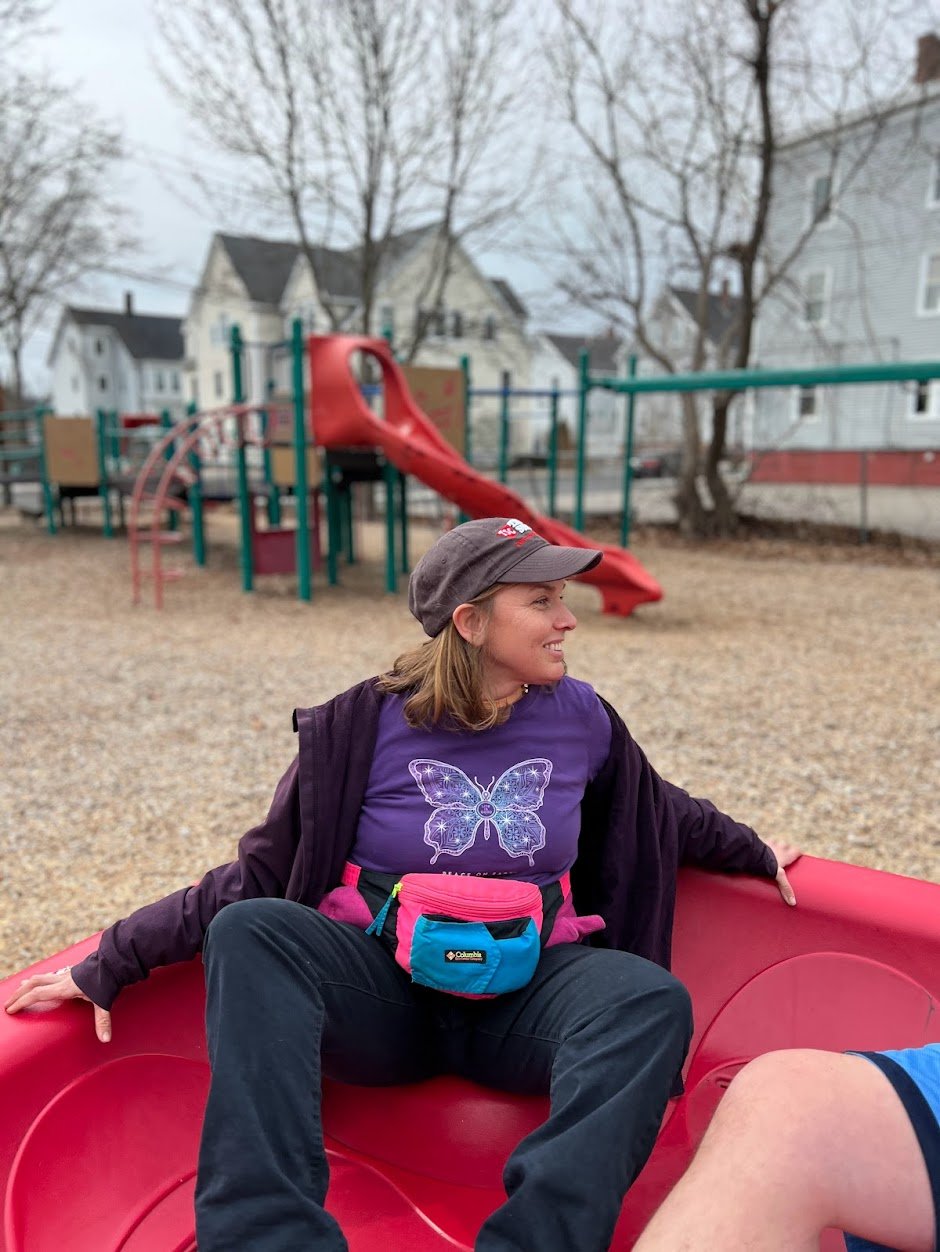
Frequently Asked Questions
Frequently Asked Questions
What is Autism?
Autism Spectrum Disorder is a developmental disability that can cause social, communication and behavioral challenges. People with ASD can communicate, behave, and learn in ways that are different from most other people. The learning, thinking and problem solving abilities of people with Autism can range from gifted to severely challenged. Some people with Autism Spectrum Disorder need a lot of support in their day-to-day lives, whereas others need less and in some cases, can be completely independent (Centers for Disease Control and Prevention).
What Causes Autism?
Although there is no definitive cause for Autism, research suggests that it can be a result of abnormalities in brain structure or function. It is also suggested that ASD can be influenced by genetic and environmental factors, but a single “trigger” has not been identified that causes Autism to develop (Autism Society).
What are some common misconceptions of Autism?
Vaccines cause Autism. One of the most common misconceptions about Autism is that it is caused by vaccines, when in reality there is no evidence linking the diagnosis of Autism to the MMR vaccine.
People with Autism don’t feel emotion. Although it can be difficult to understand, individuals with Autism do feel and express emotions, each in their own unique ways.
People diagnosed with Autism won’t experience meaningful futures. This is perhaps one of the most harmful misunderstandings of Autism, because if we believe that there is no hope for the future of individuals with Autism, then we cannot help them to create that future. With the right intervention, support and therapy, adults with Autism can gain independence and employment and build lives that are fulfilling and enriching.
All people with ASD have “special gifts”. People with ASD have a wide range of skill sets and abilities. Some people with Autism can demonstrate significant strengths like advanced memory or math skills, though they are not always born with these abilities. In many cases, people on the Autism spectrum are able to develop these strengths because it is something they are interested in, and their knowledge comes from the amount of time they have spent focusing on these topics (Sarah Dooley Center for Autism).
What is ABA?
ABA stands for Applied Behavior Analysis, which is a therapy based on the science of learning and behavior. ABA therapy programs can help clients increase their communication skills, improve social skills and focus on developing positive behaviors (Autism Speaks). Our programs are ABA based and supervised by a BCBA (Board Certified Behavior Analyst) to ensure that our clients receive individualized services to best suit their needs.
